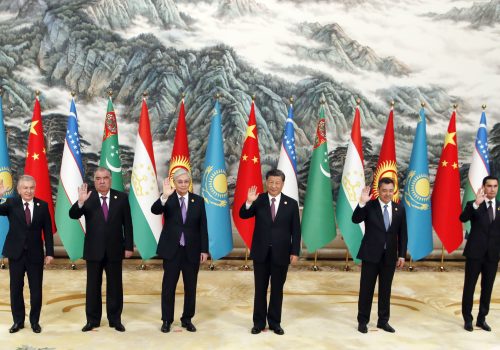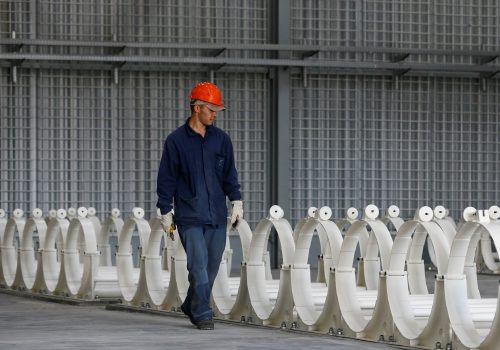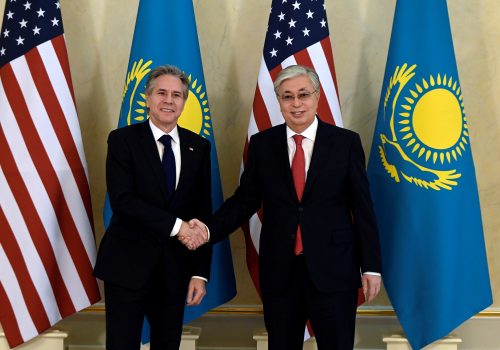Information technology (IT) has become the cornerstone of modern economic development for countries all around the globe. In Central Asia, the IT sector is emerging as a potential engine for economic growth. The IT industry across Central Asia already produces hundreds of millions of dollars of value, and the region has the chance to make a concerted effort to develop the industry. While challenges differ, the IT sector has been growing throughout the region, and, despite difficulties, the foundations for further growth are present.
Considerable investments have already been made to spur IT sector growth Kazakhstan, Uzbekistan, and Kyrgyzstan. Further financial and human capital investment in these countries and new initiatives in Tajikistan and Turkmenistan can help increase IT exports and improve the economic prospects of this growing region.
The StrategEast Center for a New Economy’s new in-depth report, “The billion in the distance: Central Asian IT exports and strategies for growing them” is the first to explore Central Asia’s potential for $1 billion in IT exports. What more can the countries of Central Asia do to unlock the potential of their tech communities and grow their IT sectors? What would that growth in the export-oriented IT sector mean for the rest of Central Asia’s economies? The Atlantic Council’s Eurasia Center and StategEast partner to discuss Central Asia’s IT potential with a panel of experts.
Speakers

Arkadiy Dobkin
Chairman of the Board, CEO, and President
EPAM Systems, Inc.

Anatoly Motkin
Founder and President
StrategEast Center for a New Economy

Elena Son
Executive Director
American-Uzbekistan Chamber of Commerce
US-Kyrgyzstan Business Council
US-Tajikistan Business Council

Sarah Wall
Project Director, Future Growth Initiative
Palladium
Moderator
Follow us on social media
and support our work
spotlight

Between East and West
Central Asia
The Central Asian Republics—Kazakhstan, Kyrgyzstan, Uzbekistan, Tajikistan, and Turkmenistan—are located at the nexus of Russia, China, South Asia, and the Middle East. Leveraging their critical geography, these nations are renewing their role as the crossroads of trade between the West and Asia—resulting in significant economic development, especially in the sectors of energy and natural resources. While moves toward reform and democracy have been made since independence in 1991, corruption and human rights issues remain prevalent throughout the region.

The Eurasia Center’s mission is to promote policies that strengthen stability, democratic values, and prosperity in Eurasia, from Eastern Europe in the West to the Caucasus, Russia, and Central Asia in the East.



